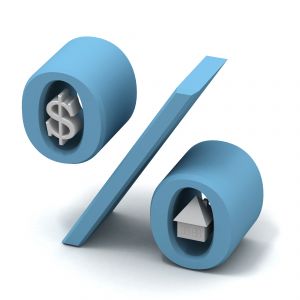
February 16, 2012
Historic Settlement Between Federal Government and Five Major Banks
The Department of Housing and Urban Development recently announced a $25 billion settlement between the government and the five largest banks in the U.S. United States Attorney General Eric Holder, Department of Housing and Urban Development (HUD) Secretary Shaun Donovan, Iowa Attorney General Tom Miller and Colorado Attorney General John W. Suthers announced the “landmark $25 billion agreement with the nation’s five largest mortgage servicers to address mortgage loan servicing and foreclosure abuses.” According to the press release, this is the largest federal-state civil settlement ever obtained and is the result of “extensive investigations by federal agencies, including the Department of Justice, HUD and the HUD Office of the Inspector General (HUD-OIG), and state attorneys general and state banking regulators across the country.” The settlement includes Bank of America Corporation, | more...








